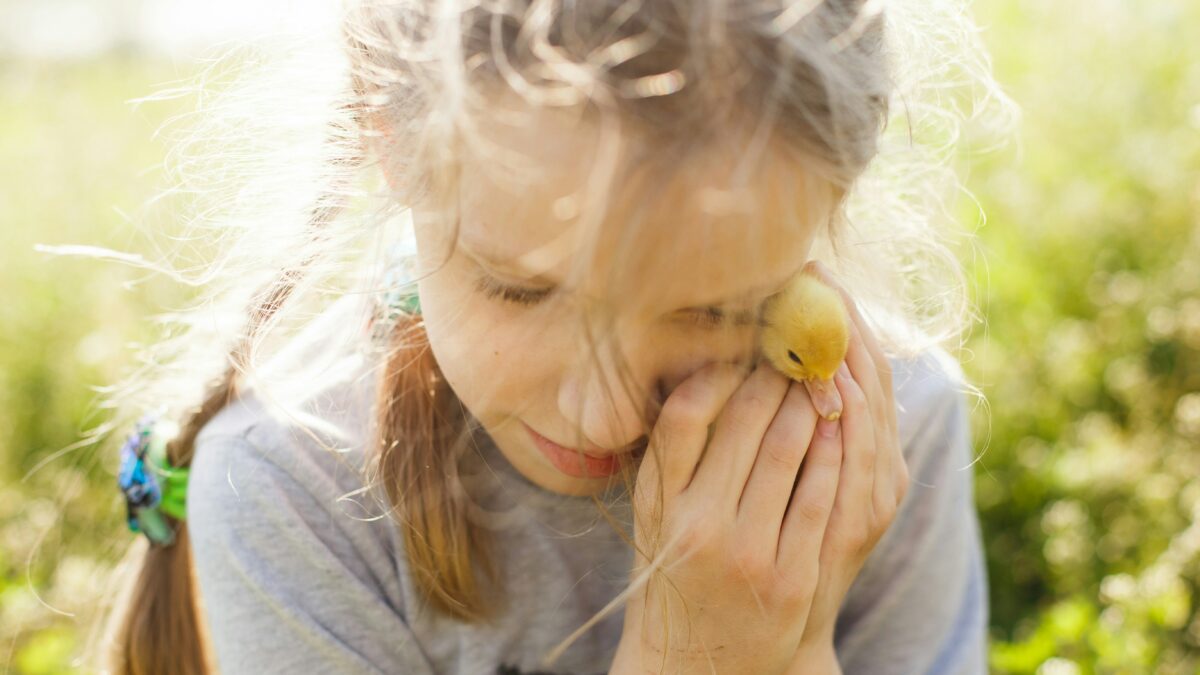The Impact of Divorce on Children: Understanding and Supporting Their Needs

Divorce is a life-altering event that affects not only the separating couple but also their children. The effects of divorce on children can be profound and long-lasting, influencing their emotional well-being, academic performance, and future relationships. This article explores the various ways divorce impacts children and offers guidance on how parents can support their offspring through this challenging transition.
Emotional and Psychological Effects
Children of divorced parents often experience a range of complex emotions:
- Sadness and Grief: Many children feel a deep sense of loss, mourning the separation of their family unit [1][2].
- Confusion: Young children may struggle to understand why their parents are divorcing, often harboring misconceptions or fears about what it means for them [2].
- Anxiety: Worries about the future, changes in living situations, and concerns about their parents' well-being are common [2].
- Anger: Some children, especially teenagers, may feel betrayed and express anger towards one or both parents [2].
- Guilt: Children often wonder if they are responsible for their parents' separation, leading to feelings of guilt [1][2].
Behavioral Changes
Divorce can trigger various behavioral responses in children:
- Regressive Behaviors: Younger children may revert to behaviors they had outgrown, such as bedwetting or clinginess [2].
- Acting Out: Some children may exhibit disruptive behaviors at home or school as a way of expressing their emotions [1].
- Withdrawal: Others might become more introverted, pulling away from social activities and friends [1].
Academic Performance
The stress and emotional turmoil of divorce can significantly impact a child's academic life:
Decreased Focus: Children may find it difficult to concentrate on schoolwork due to the distraction of family changes [1].
Lower Grades: Studies have shown that children of divorced parents often score lower on measures of academic achievement [4].
Long-term Effects
While many children adapt well over time, some may experience long-lasting effects:
- Relationship Challenges: Adult children of divorce may struggle with trust and commitment in their own relationships [4].
- Economic Impact: There's a higher likelihood of experiencing poverty or financial instability [7].
- Mental Health Issues: Some individuals may be at increased risk for anxiety, depression, or other mental health concerns [7].
Supporting Children Through Divorce
Parents play a crucial role in helping their children navigate the challenges of divorce:
- Open Communication: Encourage children to express their feelings and concerns openly [5].
- Maintain Routines: Consistency in daily routines can provide a sense of stability during uncertain times [5].
- Co-parenting Cooperation: When possible, maintain a cordial relationship with your ex-partner to reduce stress on the children[8].
- Professional Support: Consider counseling or therapy for children who are struggling to cope [5].
Age-Specific Considerations
The impact of divorce can vary depending on a child's age:
- Infants and Toddlers: May experience separation anxiety and changes in eating or sleeping patterns [9].
- Preschoolers: Might blame themselves for the divorce and fear abandonment[9].
- School-Age Children: Often experience conflicted loyalties and may exhibit behavioral changes [9].
- Teenagers: May feel anger or indifference, and worry about their own future relationships [2].
Potential Positive Outcomes
While divorce is challenging, it's important to recognise that there can be positive effects:
- Resilience: Children who navigate divorce often develop stronger coping skills and adaptability [10].
- Improved Parental Relationships: In some cases, children may experience more quality one-on-one time with each parent [10].
- Conflict Resolution Skills: Witnessing a mature, amicable divorce can teach children valuable lessons about handling disagreements [10].
Conclusion
Divorce undoubtedly impacts children, but with proper support and understanding, many kids can successfully navigate this life change. By prioritizing their children's emotional needs, maintaining open communication, and seeking professional help when necessary, parents can help mitigate the negative effects of divorce and foster resilience in their children.
Remember, every child's experience is unique, and with patience, love, and support, families can emerge from divorce stronger and more adaptable than before.
If you or anyone you know are considering divorce and want to prevent any your child experiencing any long term harmful effects, contact a A L Law lawyer today.
Citations:
[1] https://www.familymeans.org/effects-of-divorce-on-children.html
[2] https://mariafoggfamilylaw.co.uk/emotional-impact-of-divorce-on-a-child/
[3] https://www.child-encyclopedia.com/divorce-and-separation/according-experts/how-parents-can-help-children-cope-separationdivorce
[4] https://pmc.ncbi.nlm.nih.gov/articles/PMC4240051/
[5] https://harbormentalhealth.com/2021/10/29/effects-of-divorce-on-childrens-mental-health/
[6] https://www.kabirfamilylaw.co.uk/effects-of-divorce-on-children/
[7] https://pmc.ncbi.nlm.nih.gov/articles/PMC6313686/
[8] https://www.leonfbennettlaw.com/blog/what-are-the-psychological-effects-of-divorce-on-children/
[9] https://www.medicalnewstoday.com/articles/divorce-impact-on-children
[10] https://www.thedivorcesurgery.co.uk/the-positive-effects-of-divorce-on-children/


